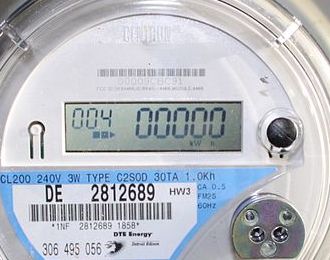 Installing smart meters in a household could be far more trouble than they’re worth.
Installing smart meters in a household could be far more trouble than they’re worth.
That’s the conclusion of a team of researchers from the University of Nottingham which has studied the phenomenon. The team, belonging to the Horizon Digital Economy Research at the university said that the UK government is beginning an initiative next year to bring smart meters in all homes by 2020.
Smart meters let people see how much energy they use and how much it costs.
But, says Dr Caroline Leygue, sharing a house isn’t always easy.
“Importantly, beyond simple effects on energy use, we were interested in how these displays influenced emotions and the interactions that people had around them. For example, if people saw that someone used more than their fair share of energy, depending on the display they felt more anger, or guilt and fear — not the intended consequence of installing an energy display!”
The researchers placed volunteers into two situations – one in which they all split the energy bill but one or more people used more than their fair share, and another in which energy is used equally in a house.
But, she said, the more information people had on the display about their other housemates’ usage, the angrier they became.
She said that over a third of people would call a house meeting to discuss the problem and one quarter would ensure freeriders pay more in proportion to the energy they used.





